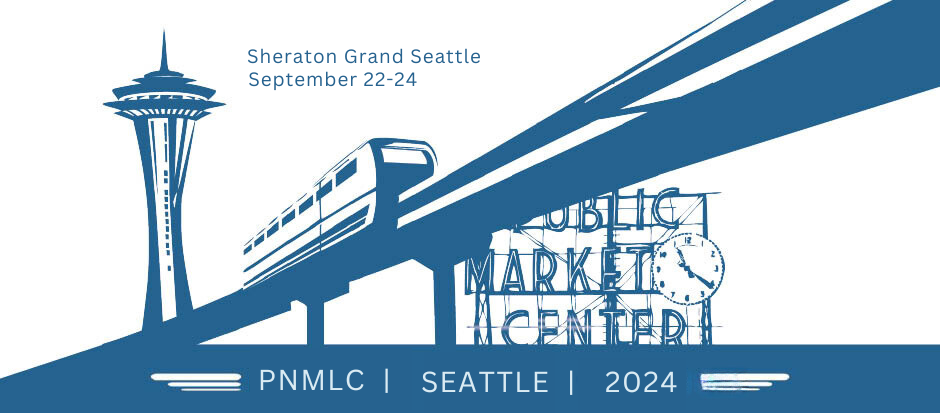Weekly Radar #316: Institutions Parking Their Money, When A Startup Thesis Just Makes Sense

In this Weekly Radar, we cover:
- Investment in parking is increasing, driven by companies like Metropolis, which expanded into parking operations after acquiring a parking operator, and by the use of technology for ticketing, payment enforcement, and automated reporting.
- Skyfire raised $8.5 million in seed funding to build an AI commerce platform that handles payments and transactions autonomously, aiming to capitalize on a $250 billion market by becoming the "Visa/Mastercard for AI."
- The GEM Proptech Index had a combined market cap of $224.97B, a 2.85% decrease from the previous week.
As always, links surrounded by the ❇️ emoji indicate exclusive GEM Diamond content. If you would like to have access to all links, please consider GEM Diamond membership.
Geek Estate Blog Recap:





Transmission Recap:
This week, Drew Meyers ponders the future of AI home search. Previously, Drew Meyers provided an example of an agent with an irreplaceable value proposition, positing that technology alone cannot replicate the true advocacy, knowledge, and nuanced empathy that come with buyers agency.
BUILT WORLD
INSTITUTIONS PARKING THEIR MONEY
By: Drew Meyers
Egypt’s new capital city, the New Administrative Capital, will be benefiting from a brand-new $1 billion hydrogen powered skyscraper to anchor its claim as a growing green energy hub in the region. It’s a disproportionate concentration of capital—the rest of the new district, comprising 20 other skyscrapers, collectively costs $3 billion. It’s also a gamble on the future of hydrogen as an energy source.

It’s interesting to watch investment in parking blossom despite growing interest in car-free zones (❇️ such as Tempe, AZ’s Culdesac ❇️) and continued incentives for transit-oriented development. Less parking availability increases transit use, but perhaps tech can solve a problem here as well: micromobility options near parking garages, which would also serve as another revenue stream for opportunistic operators with integrated transit planning tools in apps like Metropolis. Culdesac itself built a variety of partnerships with local bike shops, discounts on Lyft, and free transit access. Perhaps the urban parking lots of the future become multi-modal, membership-based transit hubs, particularly for commuters whose homes aren’t located close enough to a station for rail to be an option without a car—like me at my first job. Uber aside, why is there not a single-stop urban mobility app yet?
STARTUPS
WHEN A STARTUP THESIS JUST MAKES SENSE
By: Drew Meyers
Occasionally, there is an opportunity that is both braindead obvious and massive. With a 8.5 million Seed in tow, Skyfire launched its "operating layer, delivering critical missing components for AI commerce, including secure wallet access, verifiable Agent identity, and an open payment protocol for service requests, purchasing decisions, and instant transactions without human intervention," according to a press release.
The pitch deck, posted on X, cements the proposition and thesis perfectly. Allow AI to pay on behalf of humans, a market opportunity of more than $250 billion to be "the Visa/Mastercard for AI."

